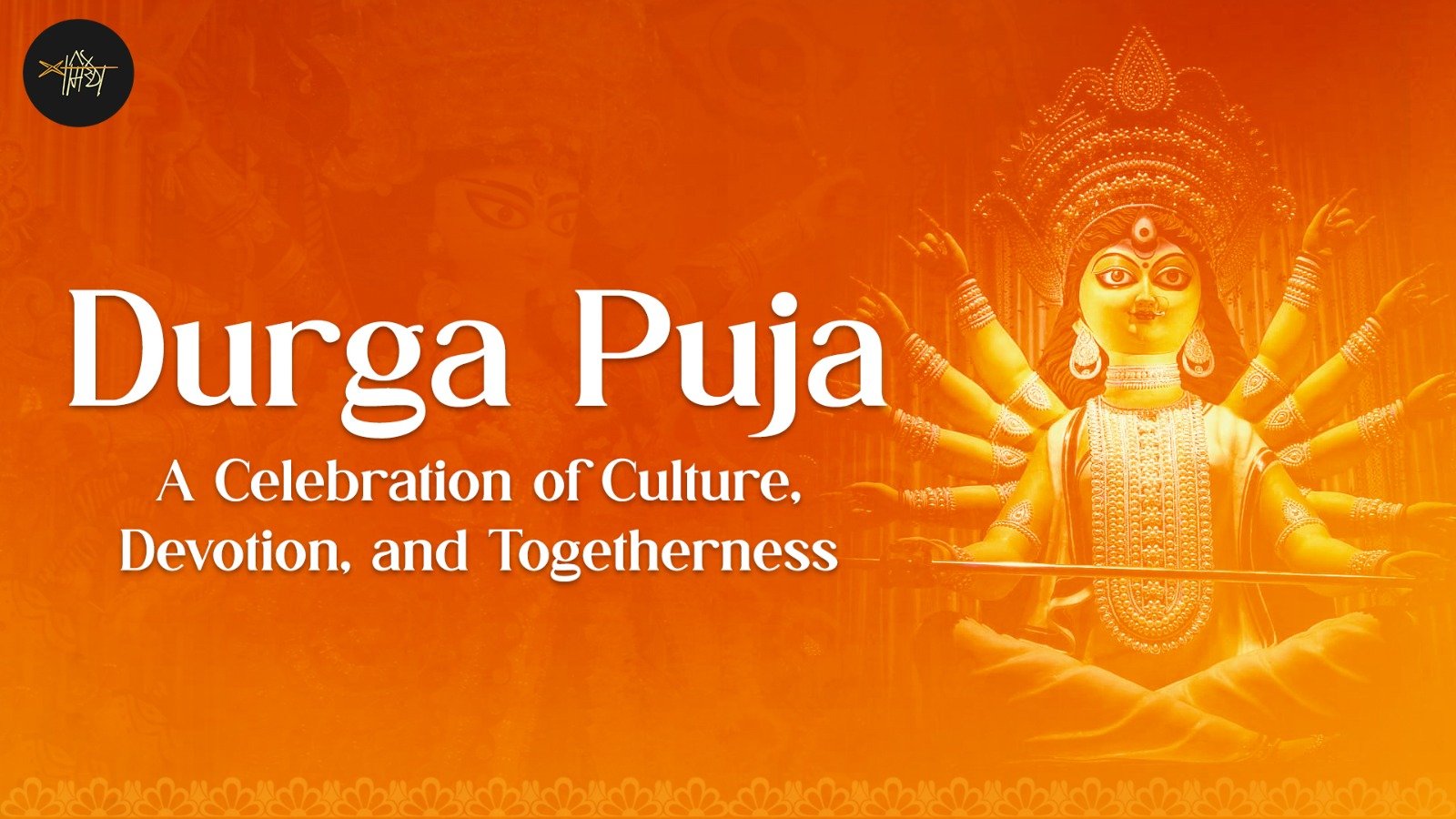The celebration of Bengali New Year is also known as ” Nababarsha”, “Poila Baisakh” and “Pohela Baisakh”. The word “Naba” means “New” and the word “Barsha” means “Year”. Thus, “Nababarsha” means “New Year” in Bengali language. The word “Poila” or “Pohela” means “First” in Bengali and “Baisakh” is the 1st month as per the Bengali calendar. As per the Bengali calendar, Bengali New Year is celebrated on the 1st day of the 1st Bengali month. Hence, the Bengali New Year is also known as “Poila Baisakh”. The period of Baisakh generally falls in the middle of the month April as per the Gregorian calendar every year. Many also termed this festival as “Naba Barsho” which means in Bengali “New Year”. On the same day, the festival of Baisakhi is celebrated in many parts of India. Bengali New Year is celebrated by many people, especially in Bengal, every year with great enthusiasm. On this day, people wear new clothes and eat many mouth watering eatables including delicious sweets. For many, this is a day of reunion and people celebrate this day with their friends and families. On this day, it has become a custom that younger members of the family touch the feet of the elder members of the family and take blessings from them. It is also seen that on this day, people send greeting cards to their near and dear ones. Those cards may be handmade or readymade. The day begins with early morning processions, song and dance to welcome the New Year. On this day, beautiful designs made of powdered rice can be seen on the floor called Alpana. These are mainly made by the house-wife of the family. The folk art of Bengali Alpana is very popular in the eastern part of India. On this day, people greet each other “Shubho Naba Barsho” which means Happy New Year. In the Islamic state of Bangladesh, Naba Barsho is celebrated as National festival. In West Bengal, Bengali New Year is known as “Poila Baisakh” whereas in Bangladesh, it is known as “Pahela Baisakh”. In Bangladesh, this festival is celebrated as a National Holiday and all the offices remain closed on this day. In Kolkata also all the office remains closed for the occasion of Bengali Happy New Year. For many Bengali People, this day is termed as a very auspicious day and many new projects and business starts on this day. Many businessmen start their new books of accounts known as “Haal-Khata”.
Pohela Baisakh
Sarmistha Ray
||
Post On > Apr 11 2024 ||


The Best Places to Visit in West Bengal During Autumn-Winter Transition
2025-10-08 10:55:53

Durga Puja: A Celebration of Culture, Devotion, and Togetherness
2025-08-28 14:45:06

Recitation Was Once Considered a Competitive Sport in Ancient Greece
2025-08-13 13:11:14

Recitation Across Cultures: A Global Perspective
2025-08-06 14:50:44

The Power of the Spoken Word: Techniques and Traditions in Recitation
2025-07-30 13:51:52

Travel in Monsoon: A Magical Experience
2025-07-02 15:03:12